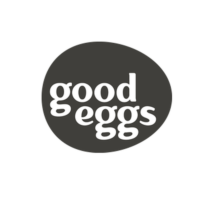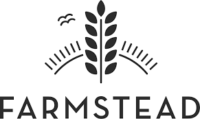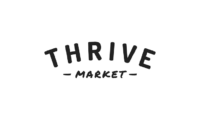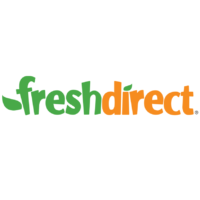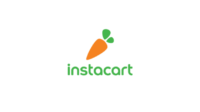While the COVID-19 pandemic is a public health crisis, it is also causing economic ripple effects, particularly for the most vulnerable folks in our community. Food-insecure populations are at high risk as we practice social distancing and enact shelter-in-place. This page is intended to collect resources that can help Bay Area residents access healthy food during the COVID-19 pandemic. Please note that this page is not meant to provide expert advice on accessing healthy food during the pandemic. If you have questions about any of the specific resources, we encourage you to reach out directly to the administrator of each resource referenced.
COVID-19 has disrupted food access across several arenas; we’ve outlined resources for the following categories:
- Resources for Maximizing Federal Benefits
- Resources for Vulnerable Populations and Supporters
- Additional Resources for Minimizing Contact
- Resources for Supporting Local Businesses
Resources for Maximizing Federal Benefits
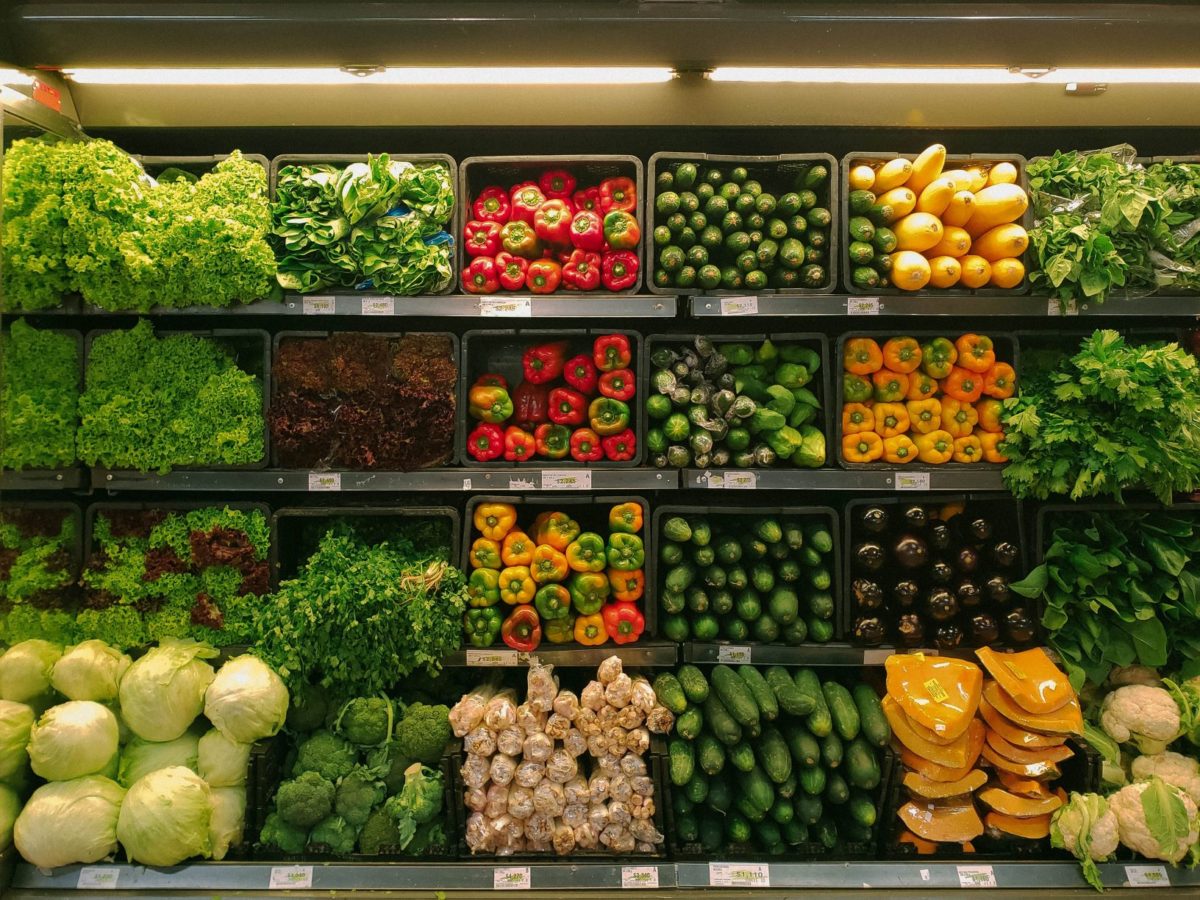
Federal Benefit Recipients
On March 18th, the Senate voted to approve the Families First Coronavirus Response Act. This bill allocated an additional $500 million to the Supplemental Nutrition Assistance Program for Women Infants and Children (WIC) and an additional $400 million to the Emergency Food Assistance Program, which will help food banks meet increased demand. The bill also calls for an emergency Supplemental Nutrition Assistance Program for families whose children receive free or reduced price lunches in the event of school closings and suspends work requirements for Supplemental Nutrition Assistance Program (SNAP) benefits.
In addition to SNAP and WIC, California residents can apply for benefits through CalWORKS, CalFresh, and Medi-Cal. Applications for CalWORKS, CalFresh and Medi-Cal can be made by calling (877) 410-8817.
Families with Children in K-12 Schools
The state of California has over 6 million children enrolled in K-12 public schools, nearly 60 percent of whom are reliant on free or reduced-price school lunches. With all of California’s public schools closed, this means that there are over 3.5 million children who are no longer receiving free or reduced-price lunches during their normal school day. Many schools have responded by offering free takeaway breakfasts and lunches to any children under the age of 18.
Please follow the links below to find the meal pick up locations in your school district.
- ALAMEDA COUNTY: Oakland Unified School District, Fremont Unified School District, and Hayward Unified School District
- CONTRA COSTA COUNTY: Mt. Diablo Unified School District, West Contra Costa Unified School District, and Antioch Unified School District
- MARIN COUNTY: San Rafael and Novato Unified School District
- SAN FRANCISCO COUNTY
- SAN MATEO COUNTY, SANTA CLARA COUNTY, & SAN BENITO COUNTY
Families or Individuals Facing Unemployment
Please review the California Employment Development Department’s Coronavirus 2019 (COVID-19) FAQs to understand which benefits you might be eligible for. The website includes links you can use to file Disability Insurance Claims, Paid Family Leave Claims, and also Unemployment Insurance Claims.
How To Be An Ally
If you do not receive WIC or SNAP benefits, avoid shopping during the first three days of each month unless you have a critical need. This is a time when there will be a surge in demand from WIC and SNAP beneficiaries as they redeem their benefits, which may have been depleted earlier than normal during the previous month if they had children staying home from school. Additionally, many grocery stores have begun to mark the products in their store that are eligible for WIC benefits. When you do go shopping, avoid purchasing WIC-eligible items when you can. Your neighbors who are reliant on WIC benefits may not be able to switch to another item or brand.
Additionally, consider
● Donating to California Food Policy Advocates – This organization is advancing policy solutions to help low-income people across the state access healthy food and helping implement national COVID-19 response programs in California.
● Consider using hashtags from this list – These can help organize political action around providing support to local restaurants.
Resources for Vulnerable Populations and Supporters
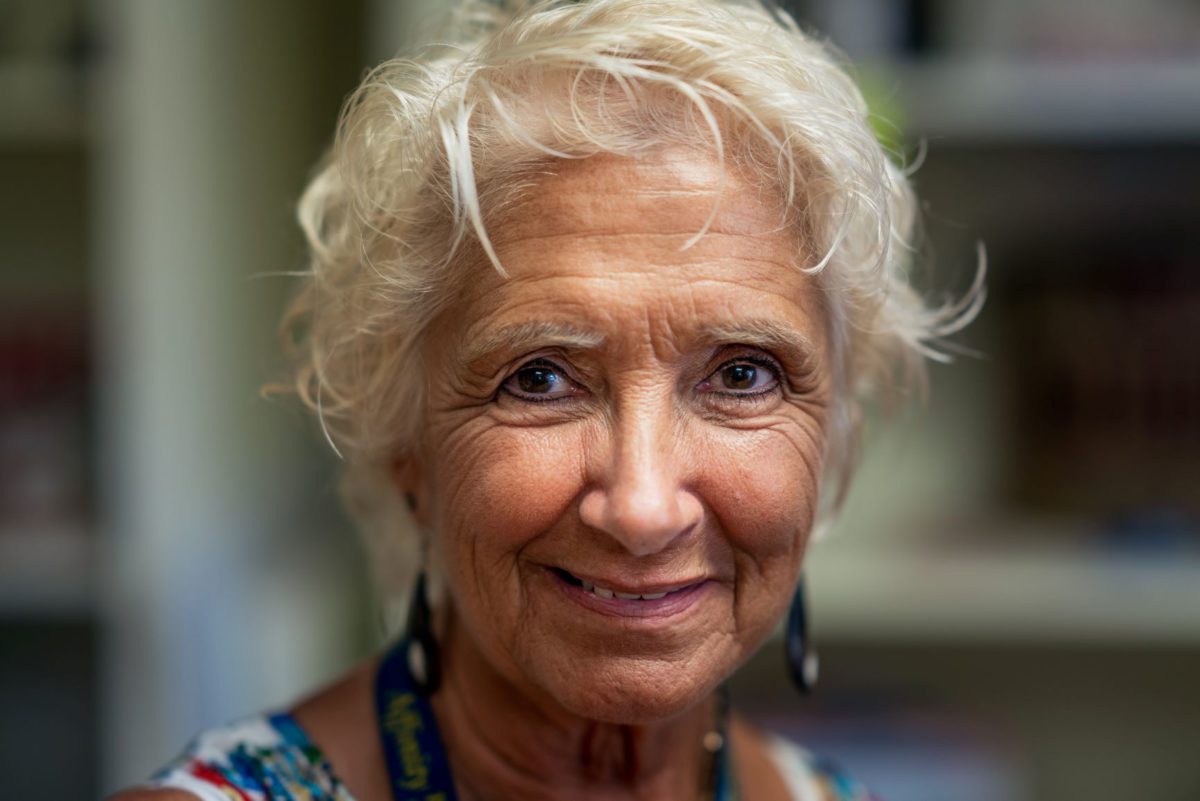
Seniors and adults with chronic health conditions, including heart disease, diabetes, cancer, and lung disease are at higher risk of serious illness or death after being infected by COVID-19. Furthermore, these groups include low-income individuals, who may have difficulty stockpiling food. Please consider the following strategies for ensuring that vulnerable populations can access healthy food during the COVID-19 pandemic.
Vulnerable Populations
If you are elderly or immunocompromised, consider the following strategies for safely accessing healthy food.
Purchase groceries one of the following ways:
- Ask a young, able-bodied family member or neighbor to go shopping for you; ensure that they maintain a distance of at least six feet when dropping off the groceries
- Use delivery services where possible; these options are outlined in more detail below
- If you must go shopping, look for a store with senior hours/promotions or consider shopping at a newly public restaurant wholesaler where you can stock up, allowing you to reduce the frequency of your trips to the store
- SAN FRANCISCO RESIDENTS: Consider Raley’s $20 curbside pick-up senior essentials bag
- OAKLAND RESIDENTS: Consider Market Hall Foods’ parking lot pickup service
Explore the resources available through your local food bank
- Alameda County Community Food Bank – call the helpline at (510) 635-3663 for assistance accessing food
- Alameda Food Bank – pick up food at 650 West Ranger Ave in Alameda Monday, Wednesday, & Friday, noon-5pm (or consider asking a young healthy family member or neighbor to do so on your behalf)
- San Francisco-Marin Food Bank – visit an existing pantry or a pop-up pantry at one of the below locations
- Pop-up Pantry Locations – San Francisco: Bayview Opera House, Cesar Chavez Elementary, Rosa Parks Elementary, Denman Middle School, Mission High School, Francisco Middle School, Lincoln High School, APA Family Services, Jones Memorial Church
- Pop-up Pantry Locations – Marin: Marin Community Clinic (Novato) & Lagunitas High School
If you are undocumented, please see the California Immigrant Youth Justice Alliance’s COVID-19 resources, which includes healthy food access resources for undocumented Californians. The resource page is available in both English and Spanish.
Supporters
If you are young and able-bodied or can make financial contributions, please consider the following strategies for helping your vulnerable neighbors to access healthy food.
* Offer to go grocery shopping for elderly or immunocompromised family members or neighbors; maintain a distance of at least six feet when delivering the groceries
* Donate food, time, or money to Food Runners, which picks up excess perishable and prepared food from businesses such as restaurants, caterers, bakeries, hospitals, event planners, corporate cafeterias, and hotels and delivers it directly to neighborhood food programs
* Donate to Community Foods’ fundraiser to increase the EBT/CalFresh Discount up to 50% and to launch a West Oakland Senior delivery service
* Donate to World Central Kitchen, which is delivering individually packaged fresh meals in communities that need support, including Oakland and San Francisco
* Volunteer with or donate to Project Open Hand, which provides meals to the sick and vulnerable
* Volunteer for Meals on Wheels, which works to address social isolation and hunger
* Volunteer through the #ChefsforAmerica response efforts
* Download the Nextdoor app and use the interactive help map
* Consider supporting your local food bank (more detail below)
Local Food Banks
- Alameda County Community Food Bank – donate (every $1 donated provides two meals). NOTE: This food bank is currently closing volunteer positions to the public
- Alameda Food Bank – donate. Note: This food bank is NOT accepting food donations from individuals in order to mitigate the spread of the virus.
- San Francisco-Marin Food Bank – volunteer to help staff a pop-up pantry; donate (every $1 donated provides 2 meals). Volunteer activities include: asking participants to keep a sizable distance from one another while in line; pre-bagging groceries for participants to minimize contact between participants and volunteers; and encouraging all other best practices: cleaning surfaces regularly, providing hand sanitizer, and wearing gloves.
Additional Resources for Minimizing Contact
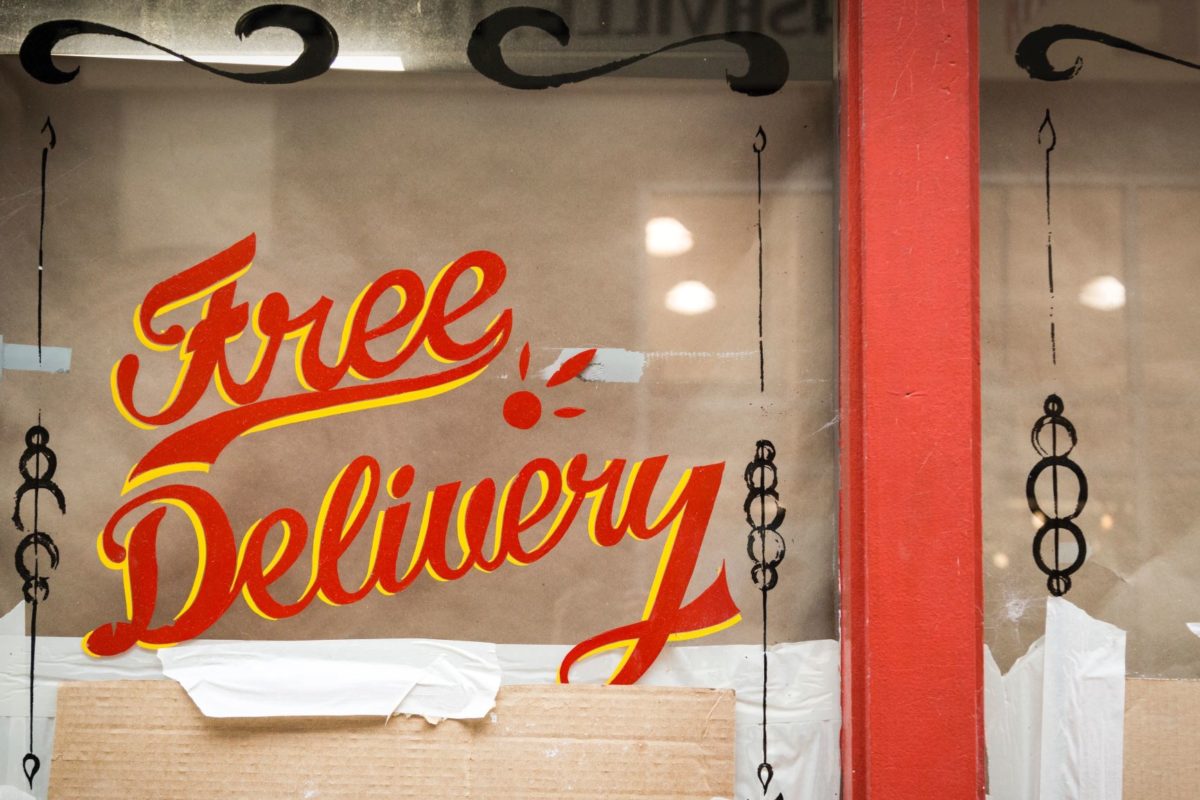
Grocery delivery services allow shoppers to order online and eliminate personal contact. While some of these delivery services are overwhelme and experiencing delays during this crazy time, it may be worth exploring whether any of these services remain viable options in your neighborhood.
In addition to the grocery delivery services noted above, you can consider ordering from a Good Food Foundation grocer. The small businesses are shipping vegetables, meat, cheese, pantry staples, chocolate and coffee straight to individuals’ doors; many are offering discounted rates on shipping; and all are committed to building community in these uncertain times. Click here to see a list of products available. For additional guidance on grocery shopping safely, please see this article containing grocery shopping best practices.
Resources for Supporting Local Businesses
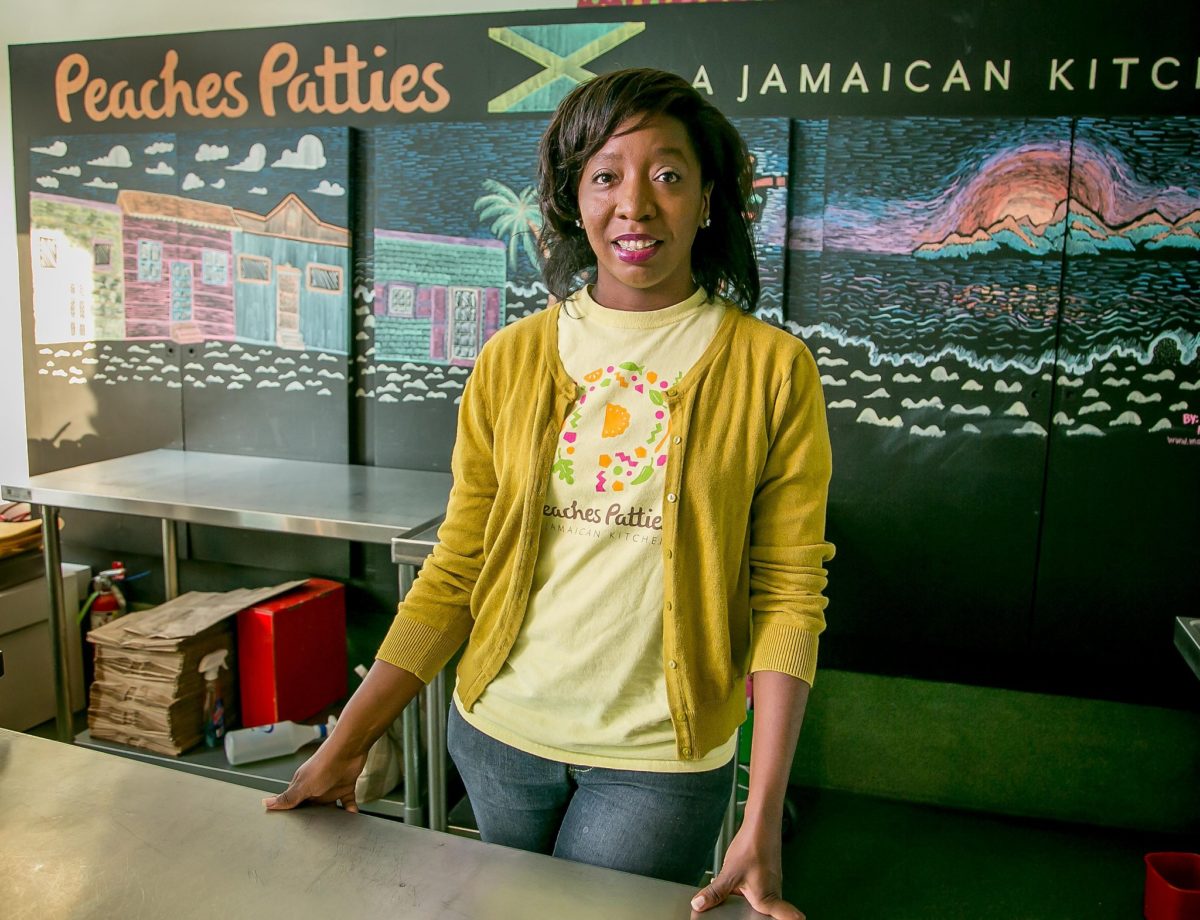
Local and small businesses are the backbones of our communities and are among the hardest hit during economic crises. Several food delivery service providers and local businesses are working to increase food access during this time, while also balancing public health precautions.
When navigating the following section, please remain mindful of the following guidance.
- Where possible, pick up or order delivery directly from your local restaurant so that all revenue is returned directly to the small business
- If this option is unavailable or you are unable to do so, order from a platform like Postmates or DoorDash that has suspended commission fees from small businesses
- If the above options are unavailable to you, options such as Grubhub or Uber Eats may be your only path forward. These platforms have not yet suspended commission fees from small businesses, meaning purchasing meals from these platforms will support local business but return a portion of the revenue to the delivery company
Local Businesses Open for Take-out / Delivery
Several local businesses are also remaining open for take-out or delivery, including several focused on supporting food insecure members of their community. Below are some options for prepared meals from local restaurants.
- Takeout COVID shows local restaurants that are selling food, beer, and wine
- Eater has consolidated a list of restaurants open for take-out and/or delivery in the East Bay
- Bistro SF Grill in Noe Valley, San Francisco is offering cash-only $5.50 meals for lunch (11 a.m. to 2 p.m.) and dinner (4:30 p.m. to 7:30 p.m.). Owners Hasim Zecic and Senijad Felic hope to provide affordable food to their community, particularly seniors, while keeping their staff employed.
- Che Fico Family Meals – the restaurant is offering meals each night, no questions asked
- Mina Family Kitchen – Order from a special menu; sales will support hot meals for staff who are out of work, along with their families.
- MIXT, a national healthy food fast-casual restaurant, is providing discount codes on its meals to those in need (scroll down to see the codes). Community members can also donate meals to those who are hungry. MIXT also provides employer-sponsored health insurance for employees.
- Local Chambers of Commerce are putting together resources for communities of businesses open for take-out or delivery during these closures, including the Oakland Chamber of Commerce.
Food Delivery Providers
Over the past decade, several food delivery providers have popped up, including Grubhub, Uber Eats, DoorDash, and Postmates. These companies deliver food from many independently-owned businesses in local communities. If you can support small businesses, consider ordering via one of the below platforms.
- Grubhub, a platform that contains a majority of independently-owned restaurants, has suspended $100M million in commission payments from independent restaurants impacted by COVID-19. Grubhub has also enabled diners to donate to the Grubhub Community Relief Fund to fund charitable organizations supporting restaurants and drivers impacted by the health crisis.
- Uber Eats has waived delivery fees for independent restaurants; look for the “eat local” banner in the app. The company also provides contactless deliveries, will support delivery people and drivers with financial assistance in the event of a COVID-19 diagnosis or exposure and has committed more than 300,000 meals via the platform to healthcare workers and first responders.
- Postmates released a Small Business Relief Pilot in the Bay Area to waive commission fees for small businesses and launched a Postmates Fleet Relief Fund, which covers COVID-19-related health and wellness expenses for members of their fleet.
- DoorDash has suspended commissions for new and existing restaurants and made contactless deliveries the default.
Farmers’ Markets
In California, farmers’ markets are considered essential food outlets and will remain open. To reduce the spread of COVID-19, they are…
- Providing handwashing stations
- Eliminating samples
- Eliminating communal seating
- Encouraging social distancing
- Encouraging patrons to wash all produce before consumption
- Offering citrus for vitamin C and sunshine for vitamin D
Many local farms have been hurt by the close of local restaurants, which can account for a significant portion of their sales, and shopping at farmers’ markets allows you to support them during this tough time. Please see this link for information on San Francisco farmers’ markets that remain open.
Supporters
If you are not food insecure, consider supporting the small business and foodservice community during this time. In addition to ordering prepared food from local businesses and shopping at farmers’ markets, you can…
*Donate to a relief fund for restaurant and foodservice workers
* Donate to a mutual aid funds for small businesses and their employees (e.g. on GoFundMe)
* Donate to the Small Business Relief Fund, hosted by the Silicon Valley Community Foundation in partnership with Opportunity Fund, to provide immediate support to self-employed individuals and small business owners
*Purchase gift cards (paragraph three lists several sources) or merchandise, such as cookbooks, from small businesses in your community; Instagram co-founder Mike Krieger launched SaveOurFaves.org this week to help “flatten the curve” of lost income from COVID-19 for Bay Area restaurants
*Take a virtual cooking class from a local restaurant using LetsHangIn
* Purchase gift cards (paragraph three lists several sources) or merchandise, such as cookbooks, from small businesses in your community; Instagram co-founder Mike Krieger launched SaveOurFaves.org this week to help “flatten the curve” of lost income from COVID-19 for Bay Area restaurants
* Donate to a mutual aid funds for small businesses and their employees (e.g. on GoFundMe)
*Donate to the Small Business Relief Fund, hosted by the Silicon Valley Community Foundation in partnership with Opportunity Fund, to provide immediate support to self-employed individuals and small business owners
Additional Resources
- In addition, consider checking out the great resources listed below. To search for additional resources that can help you access food during COVID-19, use One Degree’s search tool.
- To see a list of national organizations, associations, and nonprofits supporting the food workers and employees through COVID-19, see this list.
- For additional updates on food systems change in the face of COVID-19, consider subscribing to Food Tank’s newsletter.
If you have any additional resources you think we should add, please feel free to email them to jpedersen@pcvmail.org or khenrich@pcvmail.org as we will be updating this page periodically.

